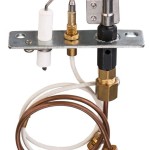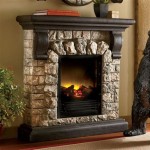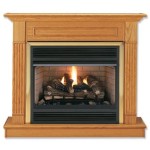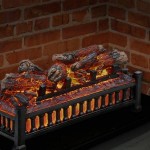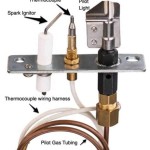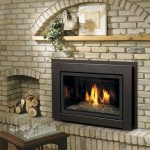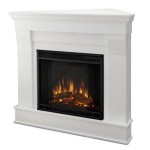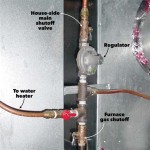The Essential Elements of a Wood Burning Fireplace Vent
A wood burning fireplace is a beautiful and efficient way to heat your home, but it is important to have a properly installed and maintained vent to ensure that the fireplace operates safely and efficiently. The vent is responsible for removing the smoke and gases produced by the fire, and it also helps to prevent the fireplace from overheating. There are several key elements to consider when choosing and installing a wood burning fireplace vent.
Vent Pipe
The vent pipe is the main component of the vent system. It is typically made of metal, such as stainless steel or aluminum, and it connects the fireplace to the outside of the house. The vent pipe should be sized according to the size of the fireplace and the length of the vent run. It is important to ensure that the vent pipe is properly sealed to prevent any leaks.
Vent Cap
The vent cap is located at the top of the vent pipe. It helps to keep rain and snow out of the vent, and it also prevents birds and animals from nesting inside. The vent cap should be made of a durable material, such as metal or plastic, and it should be securely attached to the vent pipe.
Damper
The damper is a device that controls the flow of air through the vent. It is typically located at the base of the vent pipe, and it can be opened or closed to adjust the amount of air that is drawn into the fireplace. The damper should be opened when the fireplace is in use, and it should be closed when the fireplace is not in use.
Chimney Liner
A chimney liner is a lining that is installed inside the chimney. It helps to protect the chimney from the heat and gases produced by the fire, and it also helps to prevent creosote buildup. Chimney liners are typically made of metal, such as stainless steel or aluminum, and they should be installed by a qualified professional.
Regular Maintenance
It is important to have your wood burning fireplace vent inspected and cleaned regularly. This will help to ensure that the vent is operating safely and efficiently. A qualified chimney sweep can inspect the vent for any damage or blockages, and they can clean the vent to remove any creosote buildup. Regular maintenance will help to extend the life of your fireplace vent and will help to keep your home safe.
By following these tips, you can help to ensure that your wood burning fireplace vent is properly installed and maintained. This will help to keep your home safe and will help you to enjoy your fireplace for many years to come.
Gas Fireplace Venting Explained Heat Glo

Fireplaces And Wood Stoves Have Proper Ventilation Building America Solution Center

What Are The Best Ways To Vent A Gas Fireplace Zoroast

Vented Vs B Vent Direct Free Dixie S

Pin On Solar Power

Pin On Air Caltago S Limit
Understanding How Direct Vent Works Heat Glo

How To Use The Vents Control A Wood Burning Stove
Crooked Pipe Professional Opinion On Options Ie Direct Rear Vent Hearth Com Forums Home

How Are These Fireplace Vents Supposed To Be Used R Fireplaces
Related Posts

